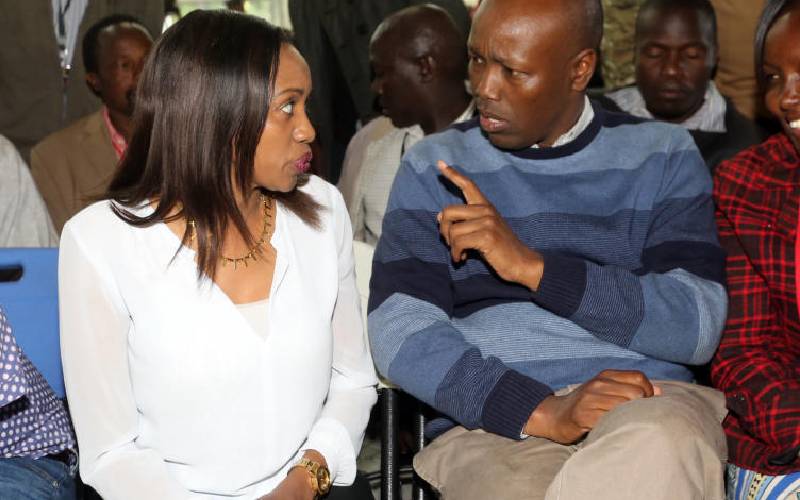×
The Standard e-Paper
Fearless, Trusted News

The Nakuru governor contest is a two-horse race between Governor Lee Kinyanjui of Jubilee Party and Senator Susan Kihika of the United Democratic Alliance (UDA).
Mr Kinyanjui had initially formed the Ubuntu Peoples Forum (UPF) party and declared that he would use it to defend the seat.